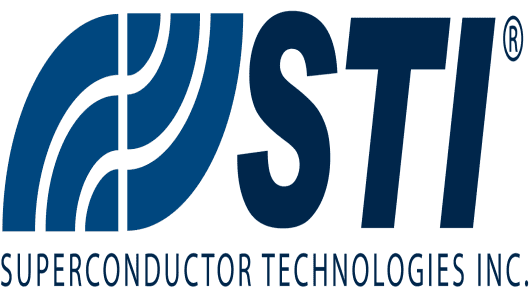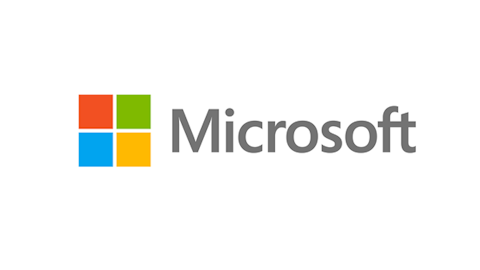Hal Mintz‘s Sabby Capital has initiated a passive stake in Superconductor Technologies, Inc. (NASDAQ:SCON) according to a schedule 13G form filed with the SEC. The new holding contains 1.50 million shares and represents 8.24% of the company’s outstanding common stock.

Superconductor Technologies, Inc. (NASDAQ:SCON) represents Sabby’s investment in the technology sector and comes at a time when the stock is down by about 53.3% over the last year. The company operates in the wireless telecommunications services industry and provides integrated manufacturing solutions, components, products and repair, logistics and aftermarket services. Superconductor Technologies, Inc. (NASDAQ:SCON) recently signed an agreement with certain investors to purchase $5 million worth of shares. The company has also cut one third of its workforce in order to reduce costs. The move came after disappointing quarterly results which sent the stock down and currently keeps it 48% in red year-to-date.
Hal Mintz previously managed BAM Capital before he founded Sabby Capital. The activist investment firm mainly invests in warrants of small-cap healthcare companies and the sector constituted 63% of the fund’s portfolio value towards the end of 2014. The market value of Sabby’s equity portfolio stands at $3.17 billion, according to its latest 13F filing. The fund also had a relatively high turnover ratio of 60.08% during the fourth quarter as a total of 67 new positions were initiated. The most notable of these long positions are represented by Pfizer Inc. (NYSE:PFE), ACADIA Pharmaceuticals Inc. (NASDAQ:ACAD), and Merck & Co., Inc. (NYSE:MRK).
At Insider Monkey, we have been emphasizing on the importance of investing in small-cap companies. Our research has shown that a portfolio based on the top small cap picks of over 700 hedge funds that we track can outperform the market by an average of 1.0 percentage points per month. Hedge funds spend considerable resources in researching the prospects of their investments in order to benefit from market inefficiencies, which are less likely in the case of large-caps. The strategy that we have developed based on most popular small-cap stocks among hedge funds returned 33.3% in 2012, 32.3% in 2013, and 13.5% in 2014, outperforming the S&P 500 ETF (SPY)’s gains of 13.5%, 32.3%, and 16% during the same years.
Moving on to Sabby’s top new picks during the fourth quarter, Pfizer Inc. (NYSE:PFE) occupied the first spot, with the fund holding 1.25 million shares valued at $39.09 million. The stake constituted 1.23% of the fund’s equity portfolio. The stock is up by about 6.2% over the last 52 weeks. In February, Pfizer signed a definitive merger agreement to acquire Hospira, Inc. (NYSE:HSP) for $19 billion, but a lawsuit brought by a shareholder of Hospira claiming that there was a breach of fiduciary duties as the company has been sold significantly cheaper, might hinder the deal from being closed. Jeffries recently raised Pfizer Inc. (NYSE:PFE)’s price target by $3 to $45.
Among the billionaires that we track, 10 investors held in aggregate $1.56 billion of the company’s stock towards the end of 2014. Ken Fisher was one of them as his fund, Fisher Asset Management, held some 31.2 million shares valued at $971.77 million at that time.
Next in line is ACADIA Pharmaceuticals Inc. (NASDAQ:ACAD), in which the investor acquired 864,400 shares valued at $27.45 million during the fourth quarter. ACADIA has been at the center of merger speculations lately, after the company had cancelled its participation in two conferences. However, so far these rumors have not materialized and the company has recently delayed the NDA submission of Nuplazid until the second quarter, which eliminated the ground that the stock had gained on merger speculations. However, the company is still up by about 47.6% over the last year.





